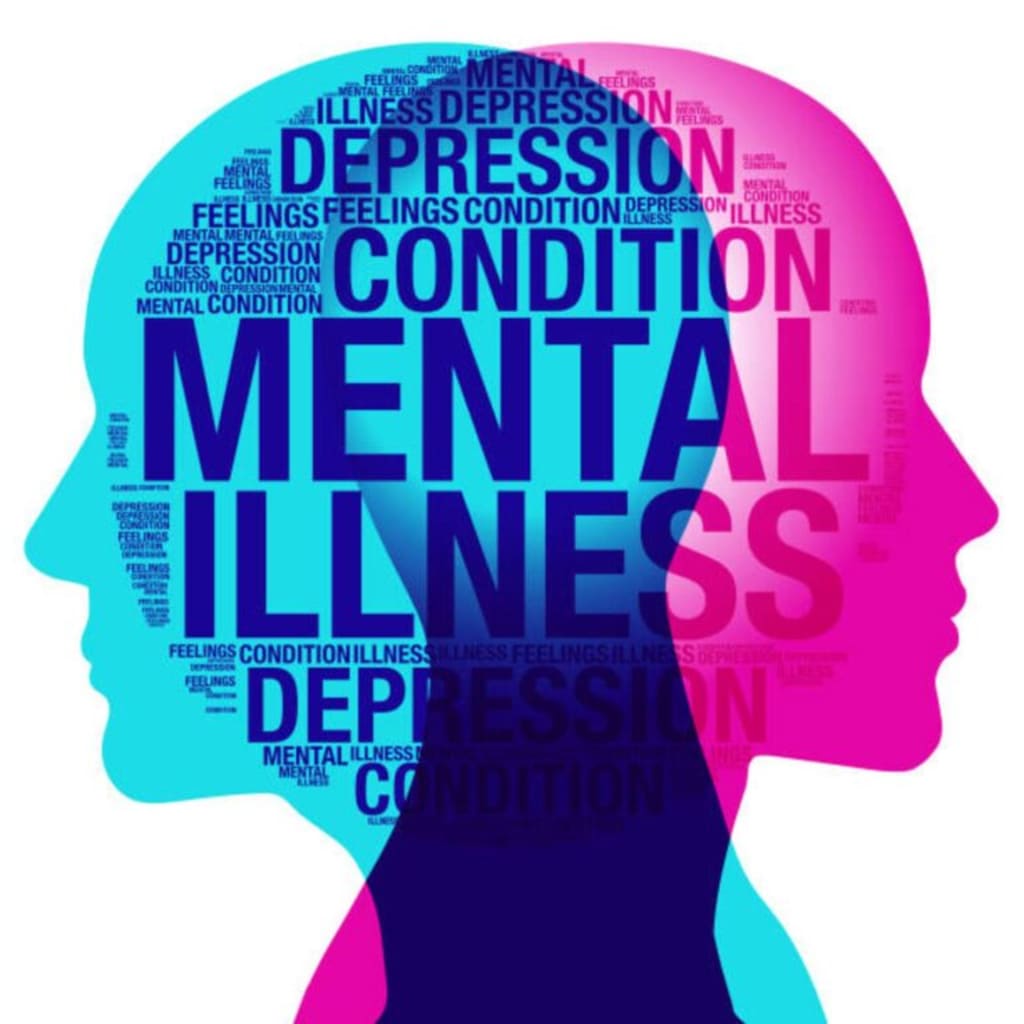Breaking the Stigma: The Importance of Prioritizing Mental Health
Understanding the Impact of Mental Health on Our Lives and Overcoming the Barriers to Seeking Help

Mental health has gained significant attention in recent years, and for good reason. Our mental health affects every aspect of our lives, from our relationships to our work to our overall sense of well-being. Despite the growing awareness of mental health issues, many people still struggle to find the help they need. In this article, we'll explore the importance of mental health and ways to prioritize it in our lives.
First and foremost, it's important to understand that mental health is just as important as physical health. Our mental well-being affects everything from our ability to perform well at work to our relationships with others. When we neglect our mental health, we're more likely to experience negative emotions, struggle with our relationships, and have trouble functioning in day-to-day life.
Unfortunately, mental health issues are becoming increasingly common. In fact, the World Health Organization estimates that over 300 million people worldwide suffer from depression, and anxiety disorders are the most common mental health disorders in the United States, affecting over 40 million adults. Despite these staggering statistics, many people still feel ashamed or embarrassed to seek help for their mental health issues.
One of the most important things we can do to prioritize our mental health is to take care of ourselves. This means making time for self-care activities like exercise, meditation, and spending time in nature. It also means prioritizing healthy habits like eating well, getting enough sleep, and staying hydrated. These small changes can make a big difference in our overall sense of well-being.
Another important way to prioritize our mental health is to seek help when we need it. This can mean talking to a therapist or counselor, seeking support from friends and family, or even taking medication if necessary. It's important to remember that seeking help for mental health issues is not a sign of weakness, but rather a sign of strength and self-awareness.
In addition to taking care of ourselves and seeking help when we need it, it's also important to work on building resilience. Resilience refers to our ability to bounce back from adversity and overcome challenges. Building resilience can help us cope with stress, trauma, and other difficult situations in a healthy way. Some ways to build resilience include practicing mindfulness, maintaining a positive outlook, and developing a strong support system.
Despite the prevalence of mental health problems, many people are reluctant to seek help due to the stigma associated with mental illness. Stigma can be defined as a negative stereotype or perception that is associated with a particular group of people. Stigma can lead to discrimination and can prevent people from seeking the help they need. In the case of mental health, stigma can lead to a reluctance to seek help and can exacerbate the problem
Finally, it's important to recognize that mental health is a complex and multifaceted issue. There is no one-size-fits-all solution to mental health issues, and what works for one person may not work for another. It's important to approach mental health with an open mind and be willing to try different strategies until you find what works best for you.
In conclusion, mental health is a crucial aspect of overall health and well-being. Despite the growing awareness of mental health issues, many people still struggle to find the help they need. Prioritizing our mental health means taking care of ourselves, seeking help when we need it, building resilience, and approaching mental health with an open mind. By making mental health a priority in our lives, we can improve our relationships, our work, and our overall sense of well-being.





Comments
There are no comments for this story
Be the first to respond and start the conversation.